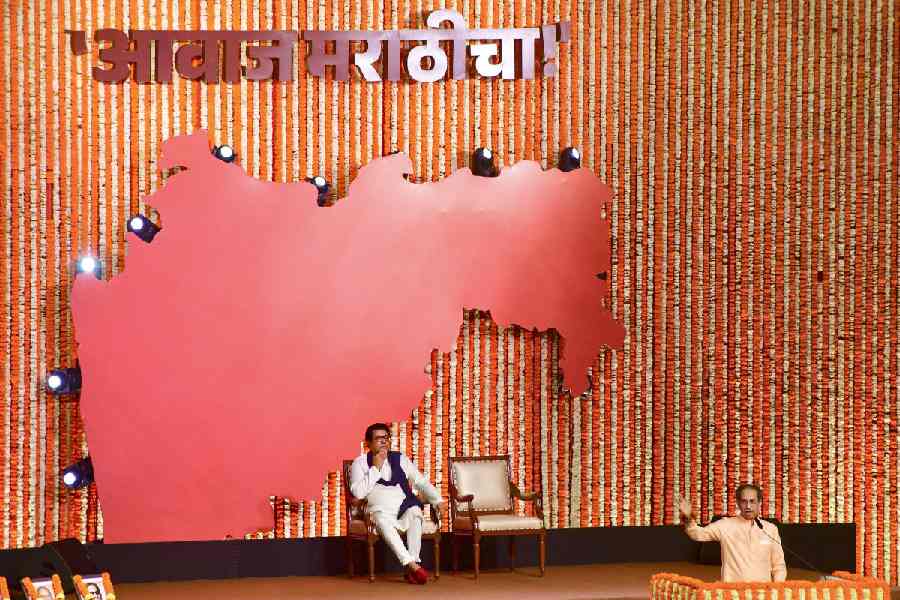 |
Ranchi, Sept. 24: The health conscious can now savour the nutritional benefits of the new kid on the block — vegetable soyabean.
Credited for developing the country’s first variety of vegetable soyabean having high nutritional value, Palandu-based Horticulture and Agro-forestry Research Programme (HARP) is now training farmers to grow the crop commercially.
HARP, which acts as a research organisation for the Eastern Region of Indian Council of Agriculture Research (ICAR), developed the variety last year. It received a certification from the Central Variety Release Committee that functions under the Union ministry of agriculture.“Now we have roped in over 400 farmers of Khunti and Ranchi for cultivating vegetable soyabean, which is also known as swarn vasundhara,” said Shivendra Kumar, chief scientist and head, HARP.
About 250 farmers from some districts of Ranchi and Khunti were informed about various aspects of cultivation by a team of experts drawn from HARP, Asian Vegetable Research and Development Centre, Hyderabad, and representatives from reputable NGOs like Basix, Pradan, Nav Bharat Jagriti Kendra and Krishi Gram Vikas Kendra today.
Vegetable soyabean is a leguminous variety that feeds on rain. It is sown between mid-June and mid-July and is ready for harvest within 30-40 days. As it is ready to enter the market much before green peas, growing the crop is economically viable for farmers. The nutritional value is also higher than peas (see chart).
M.L. Chadda, South Asia director of The World Vegetable Centre addressed farmers. He said that 100 gram of boiled vegetable soyabean is enough to meet the nutritional requirements of a 12-year-old child. “Cultivation of vegetable soyabean will bring a desired change in economic and health condition of rural and the urban populace,” Chadda said.
AVRDC helped HARP develop the maiden variety of vegetable soyabean and the Ratan Tata Trust had also sponsored the project.
Seeds for the cultivation of vegetable soyabean will be provided free of cost by HARP while NGOs will help train vegetable farmers.
Vegetable soyabean can be consumed boiled, roasted or as an additional ingredient in curries. The regular soyabean is bitter in taste, but this variety tastes like green peas.










